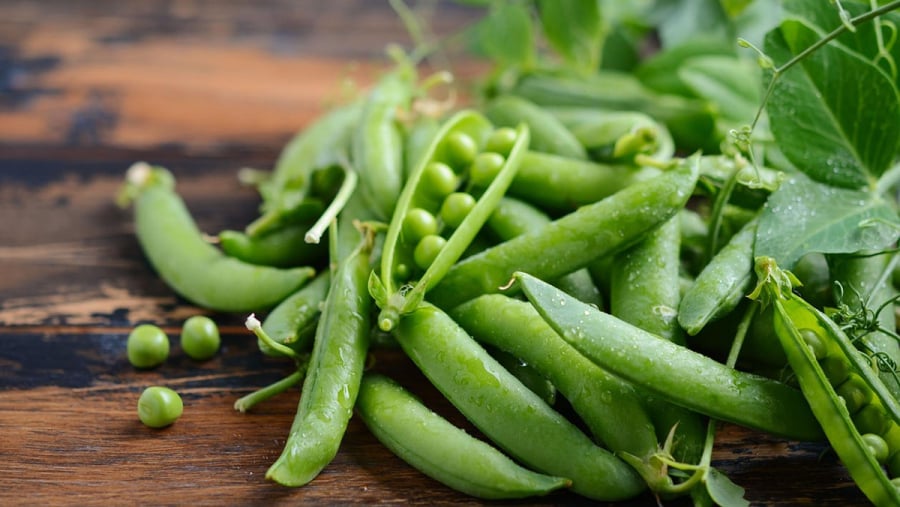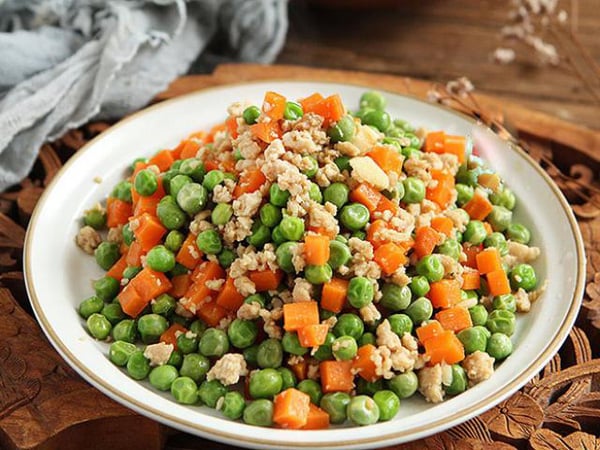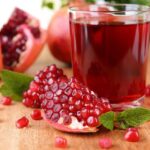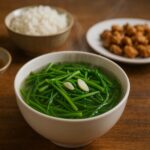While peas are often considered a humble vegetable in our daily meals, they possess surprising health benefits, especially for middle-aged and elderly individuals. Let’s explore the unexpected advantages of peas and how to effectively incorporate them into our diets.
The Origin and Nutritional Value of Peas
Peas (Pisum sativum) originated in the Middle East and have been cultivated by humans for over 8,000 years. They are one of the oldest foods in the world, easy to grow, and packed with nutrients.
According to nutrition experts, peas are a rich source of plant-based protein, fiber, vitamins (such as vitamins A, C, and K), and minerals (including potassium, magnesium, and iron). Notably, they contain high levels of antioxidants like flavonoids and polyphenols, which protect cells from free radical damage.
Today, peas are commonly categorized into two types: fresh peas and dried peas. Each variety offers distinct nutritional benefits, depending on how they are prepared and consumed.

Benefits of Peas for Liver Health
Nutritional Components Support Liver Detoxification
The liver is crucial for detoxifying our bodies. As stated by Dr. Nguyen Thi Lam, former Vice Director of the National Institute of Nutrition, “Peas are rich in soluble fiber and antioxidants, effectively supporting liver detoxification.” The fiber in peas not only improves digestion but also enhances toxin elimination through the liver.
Additionally, peas are abundant in B-complex vitamins, particularly vitamin B6 and folate. These vitamins strengthen liver function by aiding in the metabolism of fats and proteins.
Scientific Research Demonstrates Hepatoprotective Effects
A study published in the Asia Pacific Journal of Clinical Nutrition in 2022 revealed that regular pea consumers exhibited more stable liver enzyme levels compared to non-consumers. This indicates that peas play a vital role in safeguarding the liver from conditions like fatty liver disease or hepatitis.
Delicious Pea Recipes for Liver Health
You can prepare tasty and nutritious dishes with peas, such as pea soup, pea salad with olive oil, or pea stew with chicken. These meals are not only easy to make but also highly beneficial for liver health.
Benefits of Peas for Middle-Aged and Elderly Individuals
Cardiovascular Benefits
According to Suc Khoe & Doi Song, peas are rich in potassium, a mineral that helps regulate blood pressure and reduce the risk of cardiovascular diseases. Additionally, the fiber in peas contributes to lowering bad cholesterol (LDL), further protecting heart health.
Digestive Support
Middle-aged and elderly individuals often experience digestive issues like constipation or bloating. Peas, with their high fiber content, offer a natural solution to improve digestion and prevent gastrointestinal problems.
Bone Health
Vitamin K in peas plays a crucial role in maintaining bone density. Dr. Tran Thi Minh Hang, a nutritionist at Hanoi University Hospital, states, “Consuming vitamin K-rich foods like peas can help reduce the risk of bone fractures in older adults.”
Immune System Boost
The antioxidants and vitamin C in peas strengthen the immune system, protecting the body from various pathogens. This is especially important for middle-aged and elderly individuals whose immune function gradually declines over time.

How to Incorporate Peas into Your Diet
Delicious and Nutritious Pea Recipes
– Pea and Chicken Stew: A hearty and nutritious dish perfect for family meals.
– Pea Salad: Mix boiled peas with carrots, onions, and olive oil for a healthy and tasty salad.
– Pea Soup: A comforting and flavorful soup, ideal for cold weather.
Preparation and Storage Tips
– Fresh peas should be thoroughly washed and properly cooked to ensure food safety.
– When using frozen peas, thaw them before cooking to retain their flavor and nutritional value.
– Store fresh peas in the refrigerator and consume them within 3-4 days to maintain freshness.
Peas are not just a humble vegetable; they are a powerful ally in maintaining health, especially in protecting the liver and supporting middle-aged and elderly individuals. With their diverse nutritional profile and culinary versatility, peas deserve a prominent place in our daily diets.
Start incorporating peas into your meals today to reap their wonderful benefits. Don’t forget to share this article with your loved ones so they, too, can learn how to naturally and effectively take care of their health!
The Power of Pomegranate Juice: Unveiling Surprising Benefits and Why You Should Not Miss Out!
The health benefits of drinking pomegranate juice are extensive and well-documented. This ancient fruit has been revered for its medicinal properties and is now recognized as a powerful health booster. With its unique blend of antioxidants, vitamins, and minerals, pomegranate juice offers a wealth of advantages for those seeking a natural approach to wellness. Discover the many ways this super juice can enhance your health and well-being.


































